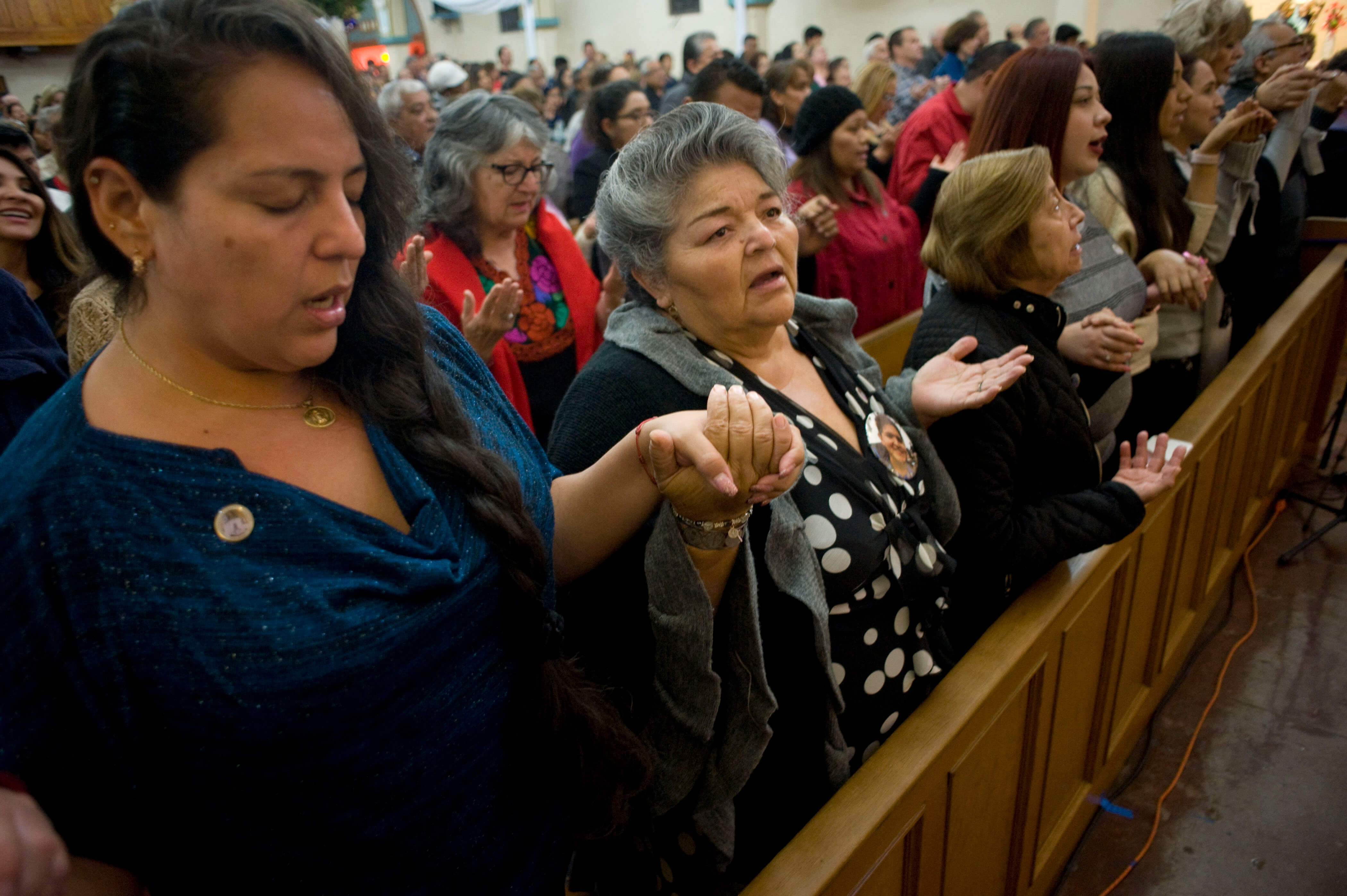
Created in community
We hear it in the very first passages of Scripture. “It is not good that the [human] should be alone” (Gn 2:18). God says this of the sole human being in existence. Recognizing that this creature’s very nature is to be in relationship with others, God proceeds to create a companion corresponding to it, another human. From that point on — by God’s design and God’s desire — humanity exists as community.
The human need for accompaniment is universally so recognized that to be denied this comfort is considered one of the worst punishments in the punitive justice system. Humans are not meant to exist in solitary confinement; to be forced to do so is painful. Perhaps the suffering felt by one living in solitude is so great because to live in isolation goes against the design and desire of God.
Fortunately, most of us will never have to suffer being forcefully separated from human companionship for any significant length of time. Unfortunately, perceived isolation is ever increasing in the radically individualistic society of the West.
The abilities to successfully “go it alone” or effectively “fend for oneself” are admired as traits proving one’s self-sufficiency; asking for help or requiring assistance are frowned upon. But, God never asked us to be self-sufficient. On the contrary, God, recognizing that it is not good for us to be alone, calls us to live in relationship, within communities, both comforting and being comforted by our neighbors.
In his April 2018 apostolic exhortation, “Gaudete et Exsultate,” Pope Francis explains, “We are never completely ourselves unless we belong to a people” (6). To what people do you belong?
I have lived in three different U.S. states and one other country as an adult. Each time I found myself in a new location, I experienced moments of loneliness. I never quite realized how heavily I lean on community until the times when I felt I was without one. Of course, it was just a feeling, and in all three cases I soon realized that no matter where in the world I go, I am never without a community. I belong to the one, holy, catholic and apostolic Church, the worldwide community of Catholicism.
In each of my new cities, a could promptly attend a Mass, a presentation or a potluck and immediately meet people who counted me among their own. I found comfort and opportunities to offer comfort to others. Through a sense of belonging to a people, I came to know my new communities and my place within them.
The pope continues, “Very often it is a holiness found in our next-door neighbours, those who, living in our midst, reflect God’s presence” which can remind us of our own call to be holy in this life (7). “That is why no one is saved alone, as an isolated individual. Rather, God draws us to himself, taking into account the complex fabric of interpersonal relationships present in a human community” (6). Through relationships with others, we are drawn deeper into relationship with God.
Knowing we are companions on the journey with every other human being created by God, “each of us can say … I do not have to carry alone what, in truth, I could never carry alone” (4). I am not called to be self-sufficient. Not only is it acceptable to require assistance, but it is honest to admit that we need one another to survive.
We are beings created to exist together.
Local communities are connected to a global people that not only spans the planet today but also the centuries of time. From Eden to Israel to Egypt to Jerusalem to wherever you find yourself today, the people of God are present, and you are among that people.
How does belonging to the people of God help you to be completely yourself? When have you been comforted or offered comfort within community? Do you see the presence of God in others and strive to make it easy for them to see God in you?
Being created in community allows for these holy encounters that could never be experienced alone.
—Originally published in the summer 2018 issue of Vermont Catholic magazine.

